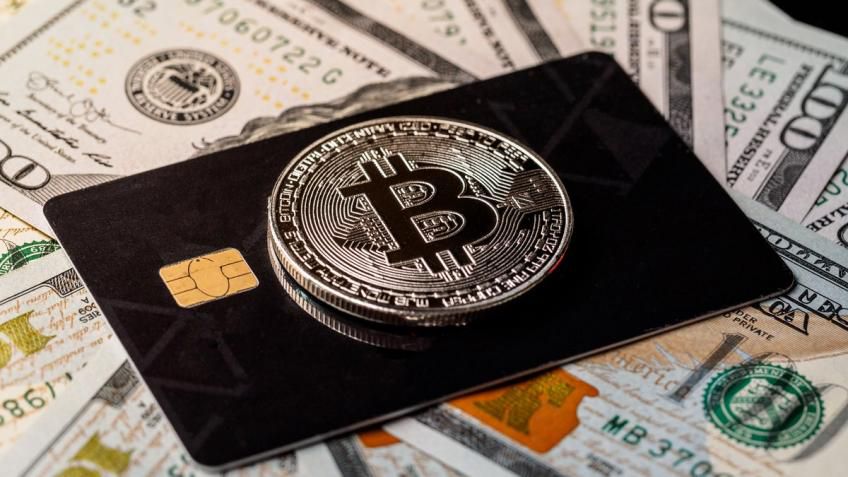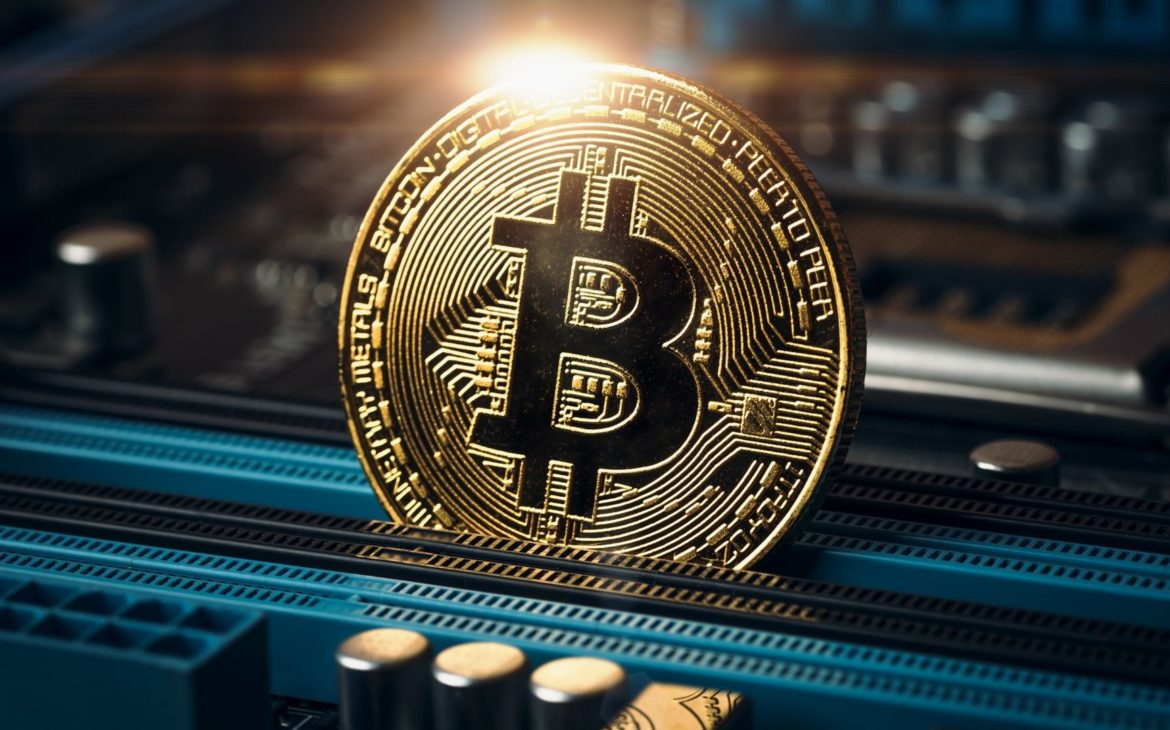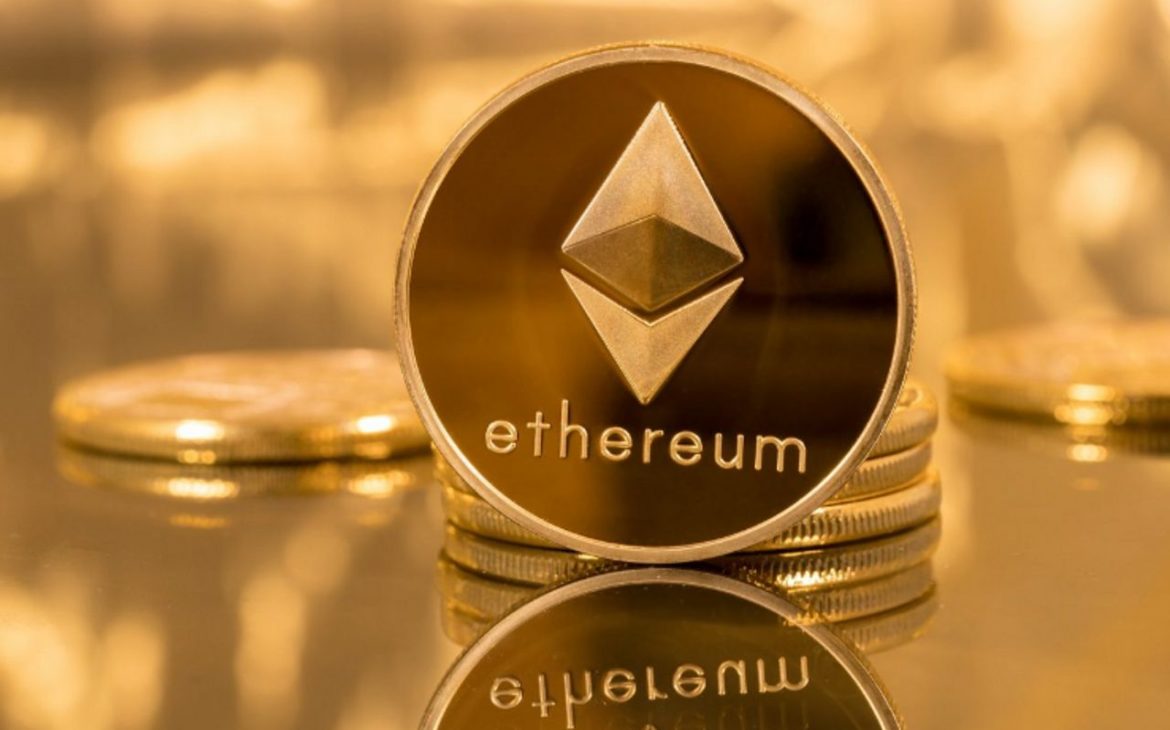Buying bitcoin with credit cards functions similarly as if buying it with debit cards or through automated clearing house (ACH) transfers. You have to submit your credit card information and authorize the transaction with the exchange or online trading firm. Purchasing bitcoin with a credit card, on the other hand, is generally not a smart idea. This is due to a number of factors.
Reasons to Avoid Purchasing Bitcoin with a Credit Card
First, due to processing fees and the danger of fraud, not all exchanges allow credit card purchases of bitcoin. This option may turn out to be in customers’ best interests. This is due to the fact that credit card processors can tack on extra fees to such purchases. As a result, in addition to transaction fees, you will have to pay processing fees, which the exchange may pass on to you.
The second reason is that using a credit card might be costly. Credit card firms treat bitcoin purchases as cash advances, imposing exorbitant fees and interest rates. American Express and Chase, for example, interpret cryptocurrency purchases as cash advances. As an example, if you buy $100 worth of bitcoin with an American Express card, you’ll pay $10 (the current cash advance fee for such transactions) plus a 25% annual percentage fee. Furthermore, the credit card provider places a monthly restriction of $1,000 on bitcoin purchases.
Rewards for Buying Bitcoin with a Credit Card
Getting a Bitcoin rewards credit card is a backdoor way to get bitcoin with a credit card. These cards function similarly to ordinary rewards credit cards, with the exception that the rewards are paid in bitcoin. As a result, they invest the money they receive as a result of their purchases in Bitcoin. The BlockFi Bitcoin Rewards Credit Card is an example of a Bitcoin rewards card. However, keep in mind that the annual fees for these cards can be high, and there may be additional costs involved with converting fiat dollars to cryptocurrency.
Must Read: How to Buy Bitcoin With PayPal?





